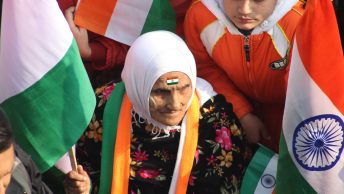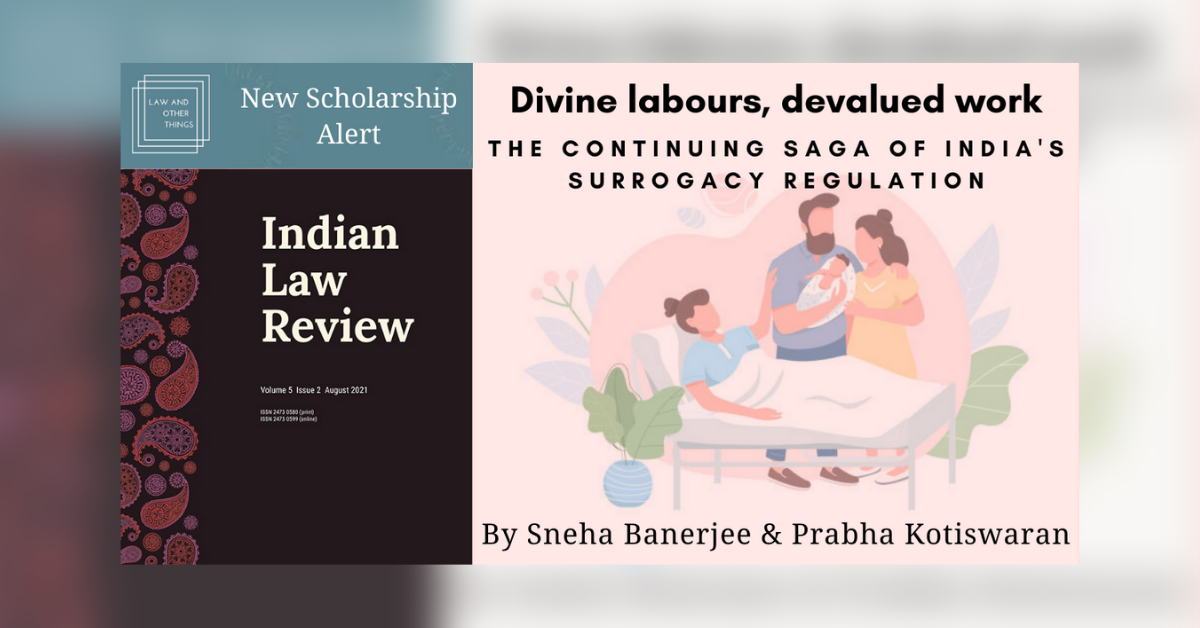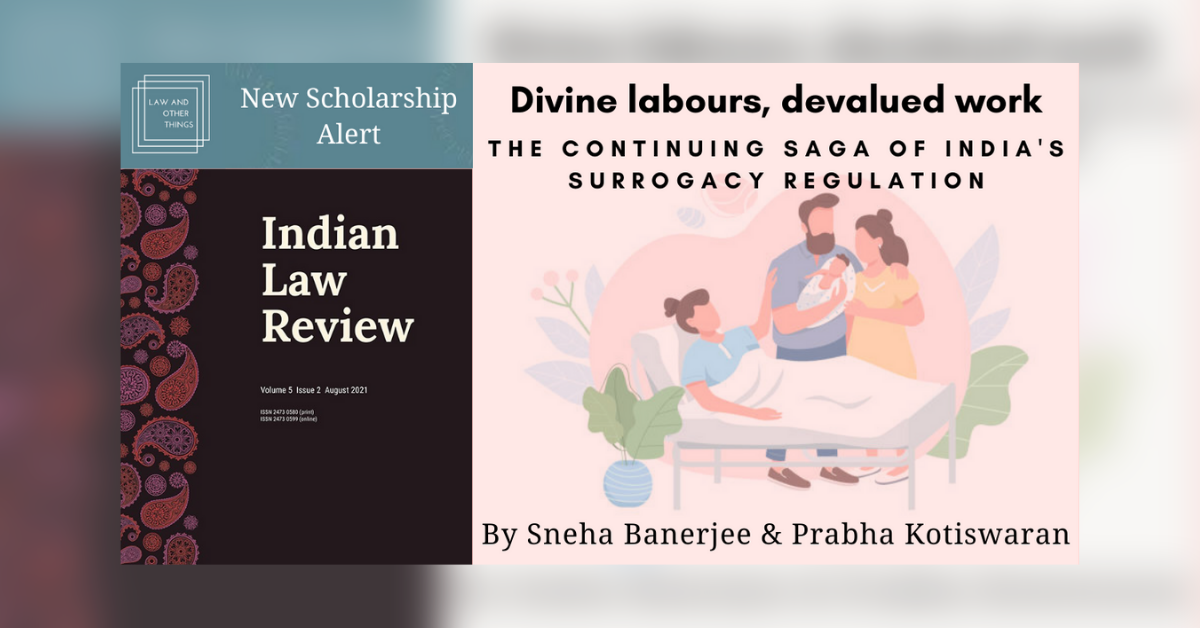Allegations of Politicization and Breakdown of Communication in Committee Proceedings in the JPC on Waqf Bill:
In this case, however, the opposition has alleged that the office of the chairperson has been politicized, and deliberations and cooperation is breaking down.
The opposition members have written to the speaker of the house at least three expressing concern over the alleged fixation of meeting timings and consultation with experts without prior discussion with all members restricting their capacity to prepare for the meetings, disproportionate allocation of speaking time, and invitation to non-stakeholders to the meeting. The chairperson and some of the other members of the committee visited poll-bound Karnataka where the issue of Waqf already has been an election issue, while opposition members alleged that the chairperson did not have quorum or necessary prior support from the committee to visit. A Parliamentary Committees, while on a study tour, may hold informal sittings at the place of their visit, but at such sittings no decisions are taken nor is any evidence recorded [Direction 50(2)]. Ultimately, the visit of the committee to various other cities was postponed. The committee also saw an incident of heated exchange between opposition and ruling party members of parliament and breaking of glass and subsequent injury during the proceedings. The committee chairperson declared that the committee report is ready to be submitted whereas the opposition alleged that it hasn’t been heard and has sought extension for submitting the report. Adoption of a draft report usually requires a paragraph by paragraph reading of the report, proposal of amendment by members of the committee in case they are of the opinion that the draft of the report does not confirm with the decision of the committee deliberations and recording the notes of dissent. The extension was ultimately granted, and the report will now be submitted during the next session of the parliament.
This article has no intention of commenting on the merits of these allegations, but these reports do indicate a lack of consensus and cooperative approach. Partisanship in the JPC is clearly visible. JPC presents a cautionary tale regarding the risks of government dominance and potential capture of committees through the speaker of the house and the chairperson of the committee.
The JPC on waqf board is only latest example of a growing downward trend in deliberative quality of committees in the last ten years. Ronojoy Sen in their interviews with parliamentarians found that committees have usually worked in the spirit of bipartisan manner. However, in recent past the trends has shifted. The referral of the bill to the JPC was, in fact, a rare occasion for the last two Lok Sabhas. According to research by PRS, only 16% and 25% bills were referred to parliamentary committees in the last two Lok Sabhas. This was sharp drop from the referral rate of 60% and 71% between 2004-2009 Lok Sabha and 2009-2014 Lok Sabha.
Soft Rules and Nudging Effect:
The Parliamentary Rules and Procedures are not hard rules since they are enforced by the parliament itself without any external interference. Parliamentary conventions, practices, and peer pressures of the house are the means of enforcement. Considerable discretion is left to the speaker of the house and under his guidance, chairpersons of the committees in the functioning of a committee. For instance, the resolution through which a JPC is created for scrutiny of a bill, provides the name of the chairperson who is expected to run the proceedings of the committee under rules set by the speaker. The chairperson enjoys broad powers. The chairperson determines the admissibility of evidence presented in the proceedings, finalizes minutes of the meetings, approves copies of memoranda and other representations made to the committee and to be laid before the house [Direction 75, Direction 91]. His decision is usually final. This discretion varies across different committees and is necessary to ensure that parliamentarians are allowed freedom to raise issues and demand accountability as they wish.
The ability of the committees to act as a deliberative body is particularly challenged in the situation when the domination of the ruling party runs the risk of spilling over from the house floor to the committee rooms. While there is no requirement that the chairperson of a committee must be from the ruling party, and in fact, some committees have traditionally been chaired by opposition members, the committee membership may run a structural risk of reproducing the domination of the ruling party in the committees. For instance, in the department-related standing committees, membership is determined in proportion of the seats of a party in the house. Unless specifically resisted, the majority in the house can linger on in the committees.
The rules, thus, can only have a nudging effect i.e. they attempt to nudge the system towards deliberation, and consensus building, but don’t provide a strict enforcement mechanism. They cannot ensure deliberations and accountability alone. They require the development of a constitutional and political culture which takes the task of law-making seriously, treats oppositional views as equally deserving of respect and engagement, and overall, does not see opposition as adversary or anti-national. Theorists of deliberation and law-making have developed indicators to judge deliberative qualities of parliaments. They include culture of justification giving, respect for counter demands, and counter arguments, and constructive interactions among others. While the parliamentary rules may provide guidance for formal institutions, they have to be supplemented by informal practices, behaviours, and daily actions towards cultivating a culture of equal respect for all views and a culture of justification and deliberation in parliament and political parties.
Surbhi Karwa is a PhD Candidate at UNSW-Sydney and a BCL (Distinction) graduate from the University of Oxford. Her research areas are women’s reservation under Indian Constitution, gender and law, global south constitutionalism, and constitutionalism beyond courts.
[Ed Note: The piece is edited by Jeetendra Vishwakarma and Published by Baibhav Mishra from the LAOT team]





94IeZ0ywGPb
Barınaktan, sokaktan ya da gönüllülerden sahiplendirilen sevimli dostlarımız sahipleniyorum.com’da sizi bekliyor. Hayvanseverler için hazırlanan modern arayüzü ve hızlı filtreleme seçenekleriyle aradığınız dostu kolayca bulun.